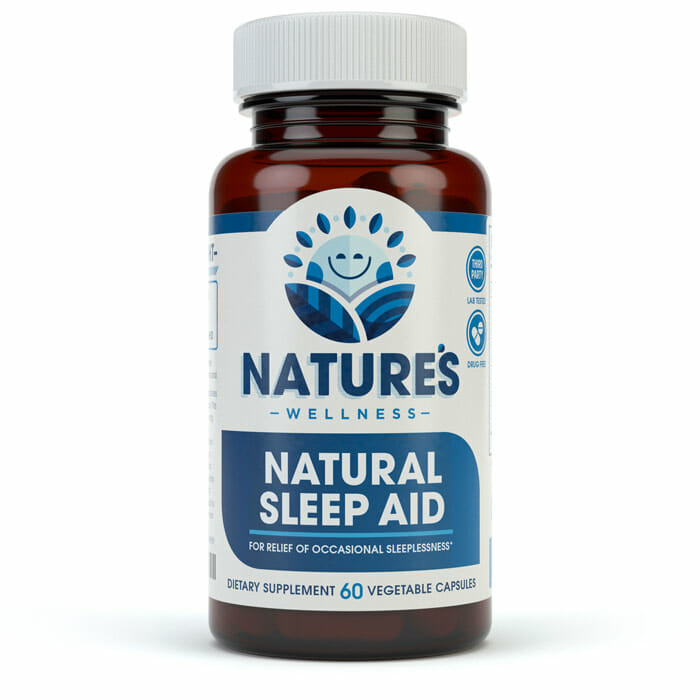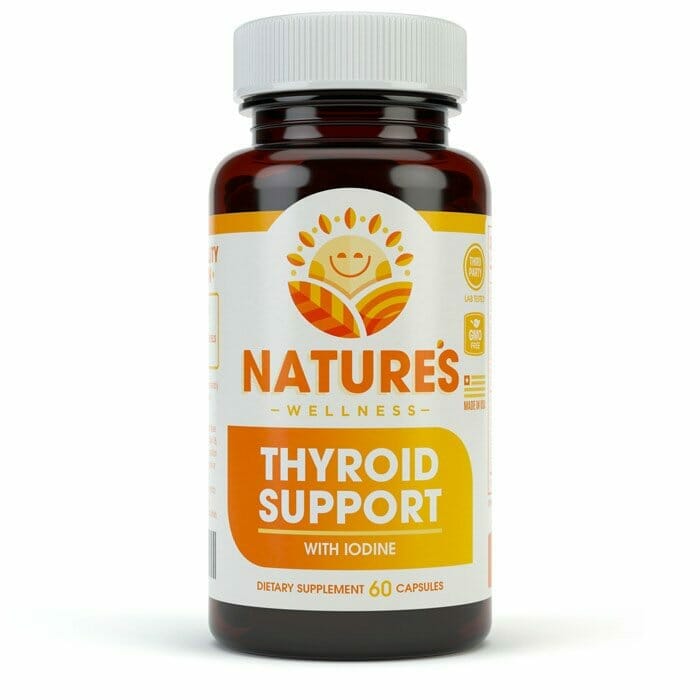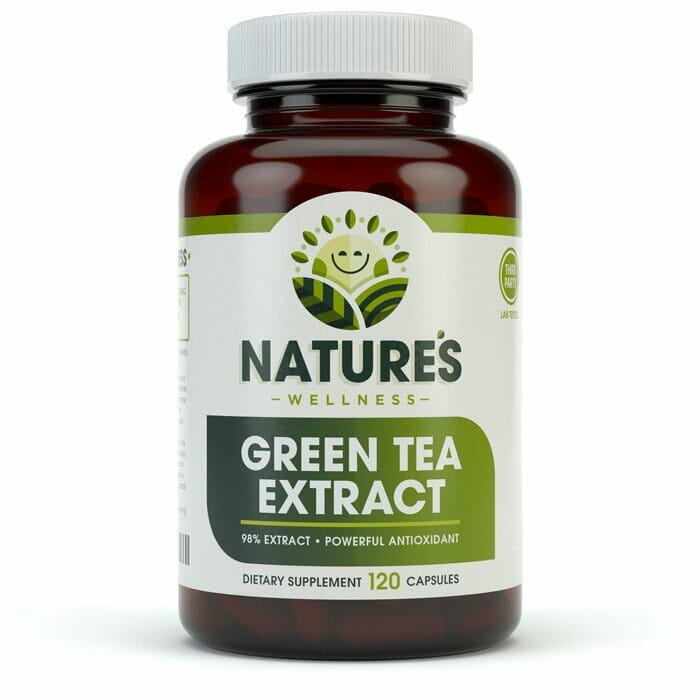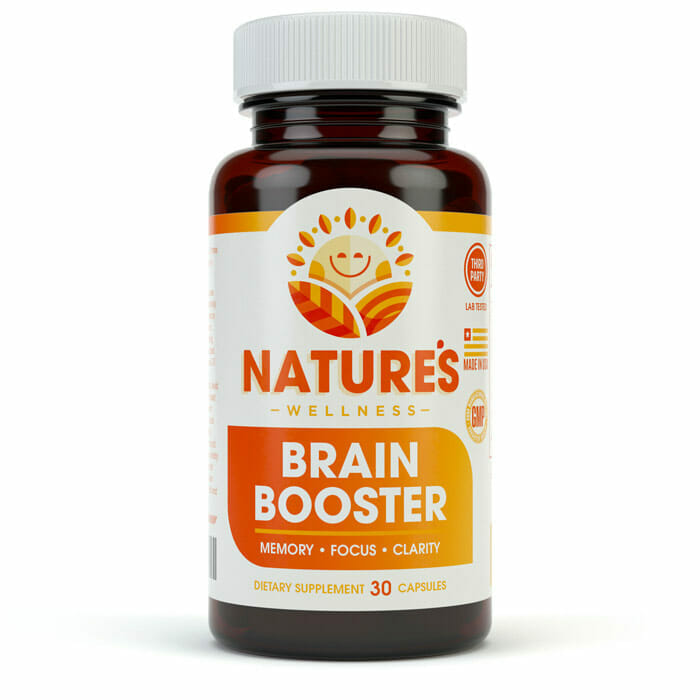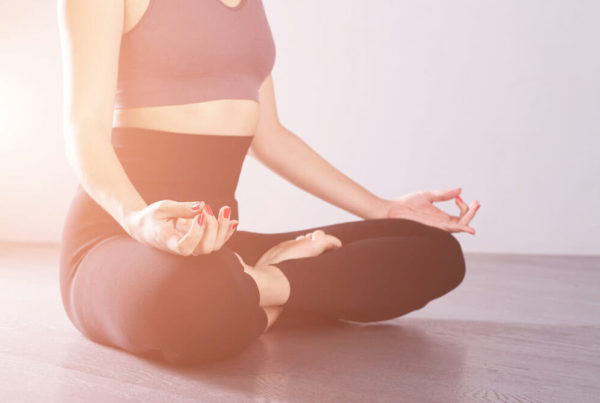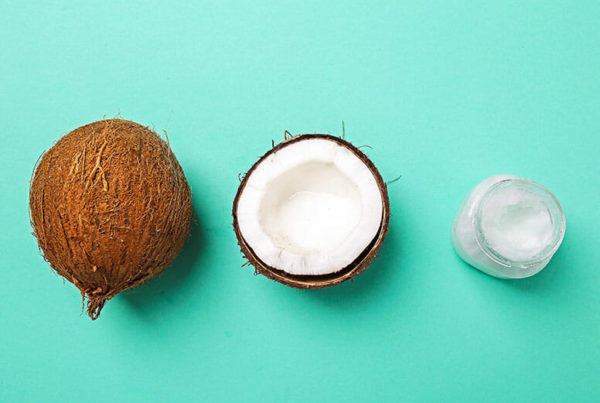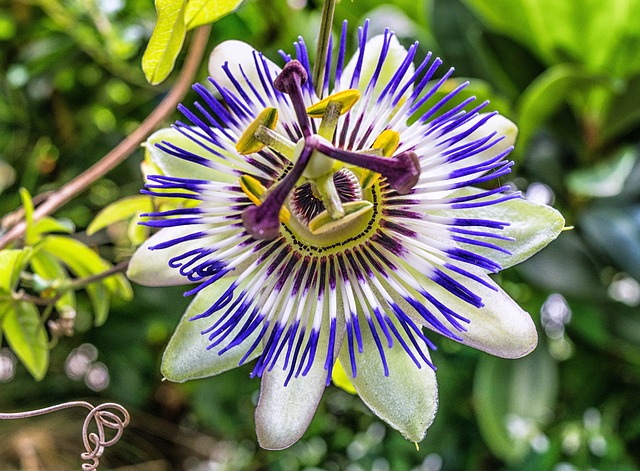
Millions of people in America suffer from depression and anxiety that is severe enough to require medication. However, the pharmaceuticals that doctors prescribe to treat these disorders have numerous dangerous side effects. For this reason, many people are choosing to take natural herbal remedies instead. Read on for four different herbs that are safe and effective alternative treatments for anxiety and depression.
Chamomile
One of the safest natural supplements for mood disorders is chamomile. In fact, it is so safe that it can be given to children. Chamomile acts as a gentle, calming agent to soothe frayed nerves. Some people take it at night to help them sleep, but it can be used during the daytime as well. It is combined with ashwaganda and other supplements in Zenta for effective relief from depression and anxiety.
Passion Flower
This beautiful flower has a sweet, pleasant taste, which is why it is often used to flavor fruit punch. It has many medicinal purposes that make it a valuable herbal remedy to keep on hand. It can be used to treat seizures, insomnia, and also anxiety. It is theorized by scientists that it works so well for these disorders because it increases the gamma aminobutyric acid (GABA) in the brain. It works best when it is combined with valerian root or lemon balm.
Valerian Root
Powdered valerian root is another one of the all natural health supplements that are used for mood disorders. It is stronger than both chamomile and passion flower, so it cannot be used if a person will be driving heavy machinery. Valerian is usually taken a short time before going to bed. However, some people also take it during the day in order to stop an anxiety attack.
St. John’s Wort
This herb takes about two weeks to be effective, but once it is in a person’s system, it works very well for anxiety and depression. The only side effect is that it can increase sensitivity to light. German doctors prescribe this herb as a first line of defense for mild to moderate depression. It has not been proven to be effective in severe depression though. Sometimes, they use it in combination with other antidepressants to increase their effectiveness. However, it should be noted that a person should never attempt to do this on their own and without the supervision of a doctor. It can cause an overload of serotonin in the body, which could make a person very sick.

